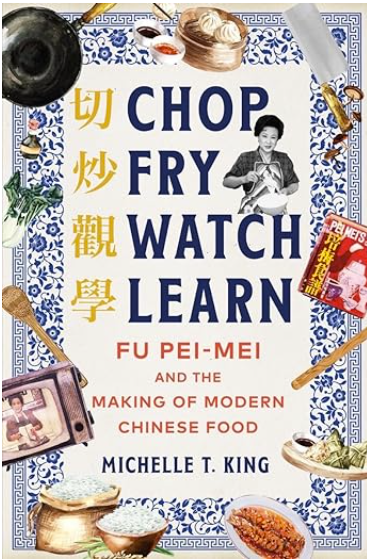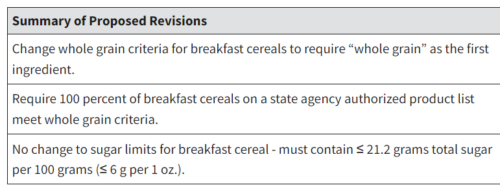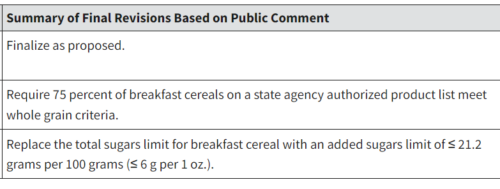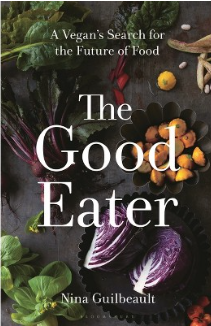Industry-funded study of the week: mangos
Usually, I post something about research conflicts of intereest on Mondays, but am doing that today instead.
Three readers sent news about this study to me, so for that alone it’s worth sharing.
First, the press release:
Associations between mango eaters and moms-to-be: better diets and improved nutrient intakes: New NHANES analysis reveals meals including mangos associated with higher healthy eating index and better nutrition for healthy pregnancies.
Any time you see a headline like this, your first question should be: Who paid for this?
The study: Mango Consumption Was Associated with Higher Nutrient Intake and Diet Quality in Women of Childbearing Age and Older Adults. Kristin Fulgoni and Victor L. Fulgoni III. Nutrients 2024, 16(2), 303; https://doi.org/10.3390/nu16020303.
Conclusion: “This study suggests incorporating mango into the diet could increase select nutrient intake as well as diet quality in specific life stages of adult Americans.”
Funding: “This research was funded by the National Mango Board.” [Bingo!]
Conflicts of interest: V.L.F.III and K.F. are employees of Nutrition Impact, LLC, a food and nutrition consulting firm which analyses NHANES data for numerous food and beverage companies and related entities. Nutrition Impact has a contract with the National Mango Board.
Comment: The National Mango Board contracted with the authors to produce this analysis. Its results are predictable. Guess what: eating fruit increases intake of the nutrients contained in that fruit. Eating fruit increases the quality of the diet. I could have told them that.
I do love mangos, although they taste much better—like eating perfume—in their countries of origin. I’m allergic to their skins and pits, however, and have to eat them carefully. The Mango Board must think research results like this will increase sales.
Here’s how the Mango Board advertises this fruit:
Mangos pack a nutritional punch.
- Each serving of mango is fat free, sodium free and cholesterol free.
- Mangos contain over 20 different vitamins and minerals, helping to make them a superfood.
Superfood? A marketing term.





